
Sleep deprivation (also commonly referred to as sleep debt, short sleep, insufficient sleep, or inadequate sleep) has surpassed obesity to become America's number one chronic health problem.
What is sleep deprivation?
If you normally sleep at least 7 hours every night, and then have one night in which you can't sleep for whatever reason, that is not cause for sleep deprivation. It's when you fail to get enough sleep (at least 7 hours every night for all adults) night after night. It is the cumulative result of not sleeping enough, sleeping "against" the rhythms of your body clock, and not treating the root cause of poor sleep that leaves you feeling tired all the time.
What causes sleep deprivation?
Work. It could be that you have a demanding schedule that cuts into your sleep time.
You might work night or overnight shifts. Your shifts might be too long.
You might have to travel constantly for work.
Being a student may also limit your sleep time due to class hours and demands.
Lifestyle. You might be willing to sacrifice sleep for social activities.
You may be a new parent, tending to a crying baby every night of the week.
Eating dinner late or consuming alcoholic beverages before bedtime can lead to insufficient sleep if it becomes a habit.
Engaging in activities involving electronic screens at bedtime can also lead to short sleep. This includes playing video games, checking email, reading books on tablets, watching TV, or participating in social networks.
Consuming caffeine or stimulants to offset daytime sleepiness may temporarily fix problems with feeling sleepy all the time but, if this becomes a habit, it could also, ironically, result in inadequate sleep.
Medical conditions. Health problems can lead to pain and discomfort, two legitimate and common causes for sleep deprivation. Medications used to treat certain health conditions (like allergies) may contribute to sleep deprivation.
Undetected and untreated sleep disorders are also major causes of sleep deprivation; the most common conditions are obstructive sleep apnea (OSA), insomnia, restless leg syndrome (RLS), circadian rhythm sleep disorders, and periodic limb movement disorder (PLMD). Even snoring has been associated with short sleep.
Environmental problems. If your bed partner snores or kicks their legs all night, that could lead to worries about your own sleep deprivation.
Too much light or noise in your bedroom can lead to inadequate sleep.
An overwarm room, disruptive pets, or an unsupportive mattress are other problems of the bedroom environment that could lead to sleep deprivation.
What are the consequences of sleep deprivation?
Sleep deprivation creates an environment where chronic health problems can develop and worsen. Sleep deprivation can lead to or aggravate preexisting issues with:
-
Obesity
-
Insulin resistance
-
Type II diabetes
-
Hypertension
-
Heart arrhythmias
-
Stroke
-
Atherosclerosis
-
Heart disease
-
Mood disorders
-
Cancer
Sleep Deprivation in Kansas
The range of sleep depr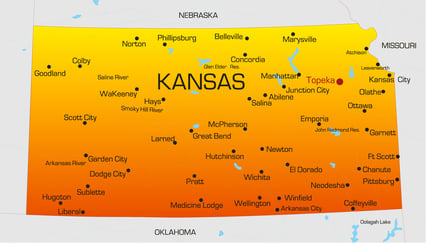 ivation in our state, measured county by county, was recorded by County Health Rankings statisticians for data collected in 2014.
ivation in our state, measured county by county, was recorded by County Health Rankings statisticians for data collected in 2014.
Their report reflects the percentage of adults reporting fewer than 7 hours of sleep on average.
For Kansans, the range falls between 26 and 36 percent. The overall average for the state was 31 percent. That means about 1 in 3 adults in Kansas are not getting enough sleep.
By comparison, here are other state averages: Colorado (29 percent); Nebraska (30 percent); Missouri and Texas (33 percent); California and Illinois (34 percent); Alaska, Florida, and Oklahoma (35 percent); West Virginia (37 percent); Alabama, Michigan, and New York (38 percent); and Hawaii (44 percent).
The Centers for Disease Control (CDC)'s recently released report, "Prevalence of Healthy Sleep Duration among Adults — United States, 2014," suggests that, on average, 35 percent of Americans as a whole are not getting adequate sleep (defined as 7 or more hours a night). For the state of Kansas, the average was just over 30 percent.
Southwest Kansas, by county, compared across the state
In southwest Kansas, the most sleep-deprived counties are Ford (35 percent), Finney (33 percent), Pawnee and Seward (32 percent). The least sleep-deprived counties in southwest Kansas are Comanche and Gray counties (28 percent) and the counties of Barber, Hodgeman, Meade, and Stafford (29 percent).
Looking statewide, Ford county compares with Kansas City's Wyandotte county at 35 percent, but the most sleep-deprived area is in Geary county (36 percent). Meanwhile, the least sleep-deprived Kansans live in Johnson county (26 percent), just south of Wyandotte county.
Are you sleep deprived? 
Look for these warning signs:
-
Excessive daytime sleepiness, fatigue, and/or reduced energy
-
Problems staying awake at work or school or during quiet situations during the day (such as getting a haircut or watching a movie at the theater)
-
Having several minor car accidents related to inattention
-
Injuring yourself or others while operating machinery
-
Irritability or restlessness
-
Issues with anxiety, depression, or lack of motivation
-
Problems with concentration, attention, focus, vigilance, or distraction
-
Slower reaction times, lack of coordination
-
Recent problems with decision making, forgetfulness, or judgment errors while on the job
If you or a loved one have experienced any of these problems, especially over a short period of time, you may want to talk to your physician about your current sleep health and habits.
They can help get you started on a sleep hygiene program, check you out for previously undetected medical conditions that might be at the root of sleep deprivation, and put you on a treatment path to restore your energy.
Sources:
American Academy of Sleep Medicine
Centers for Disease Control
CountyHealthRankings.org
National Heart, Lung, and Blood Institute


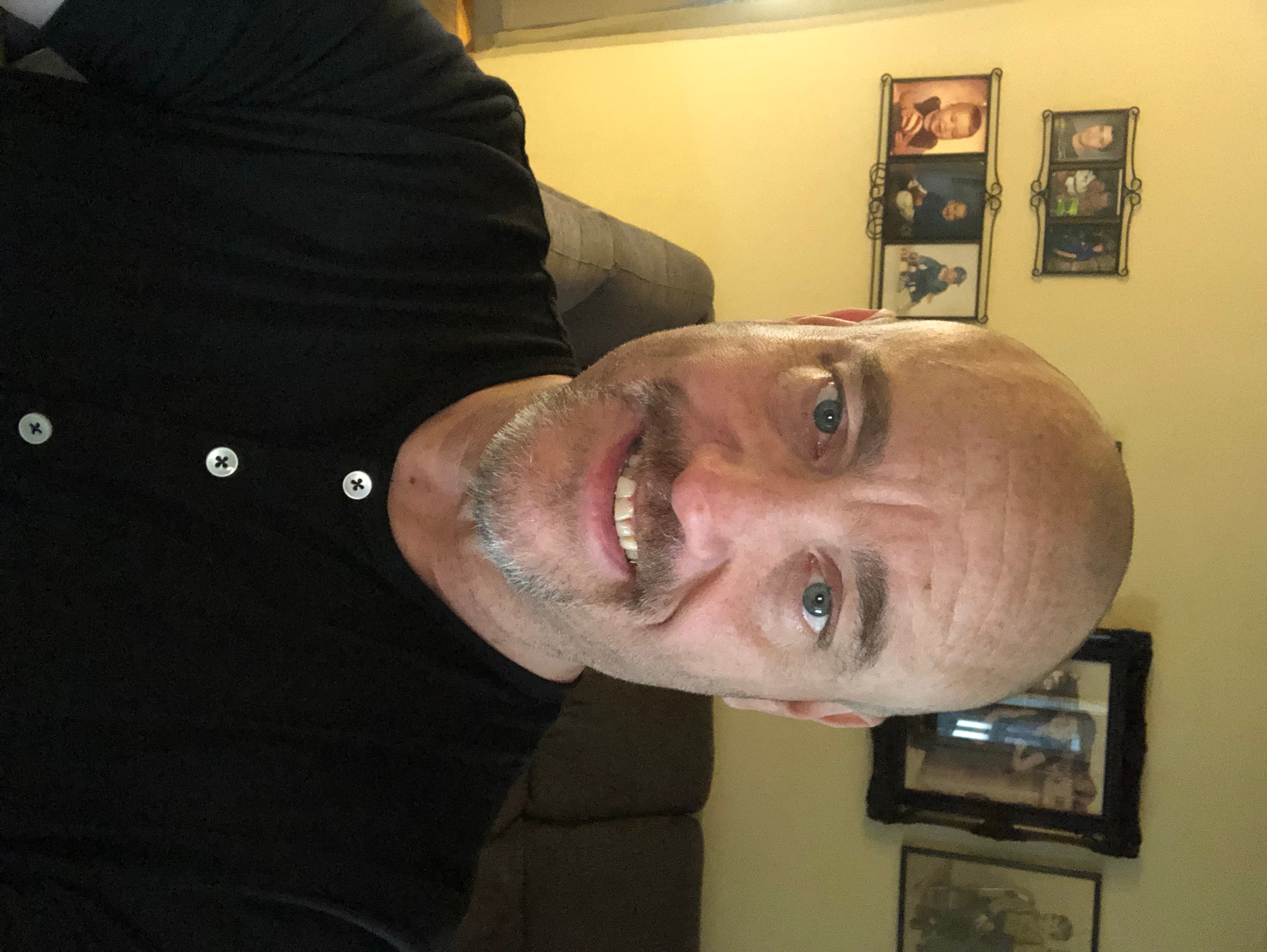
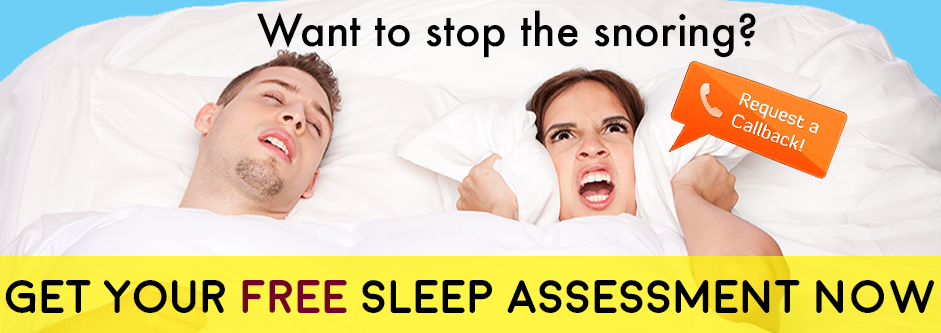


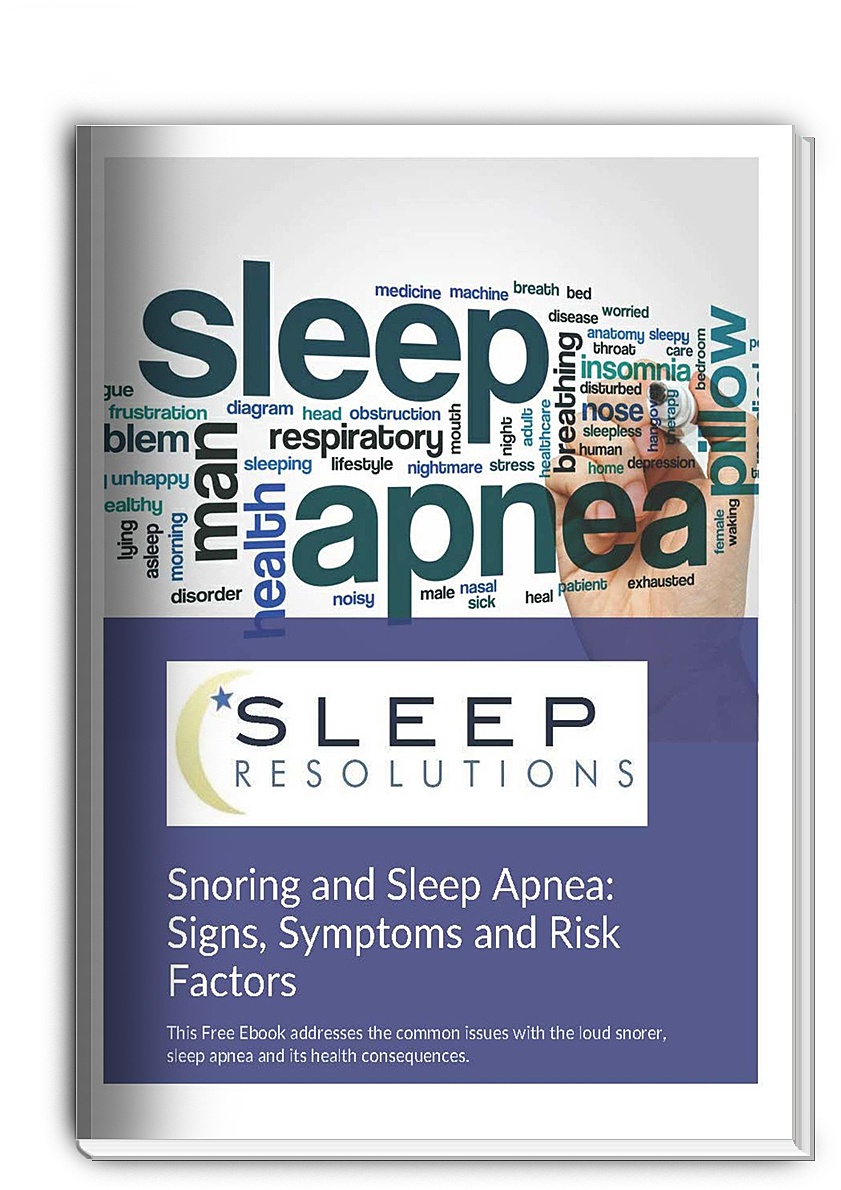

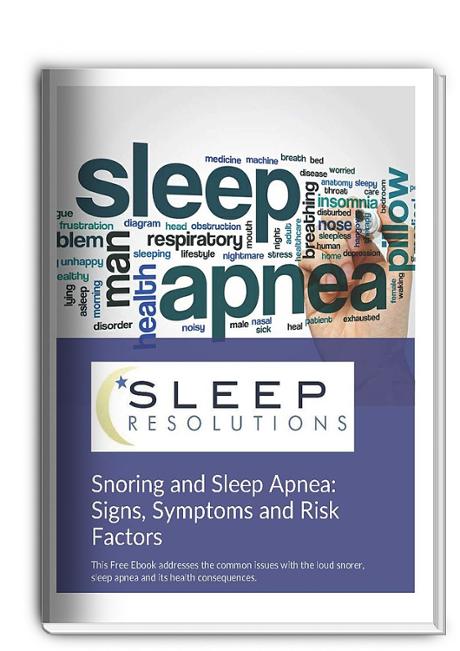

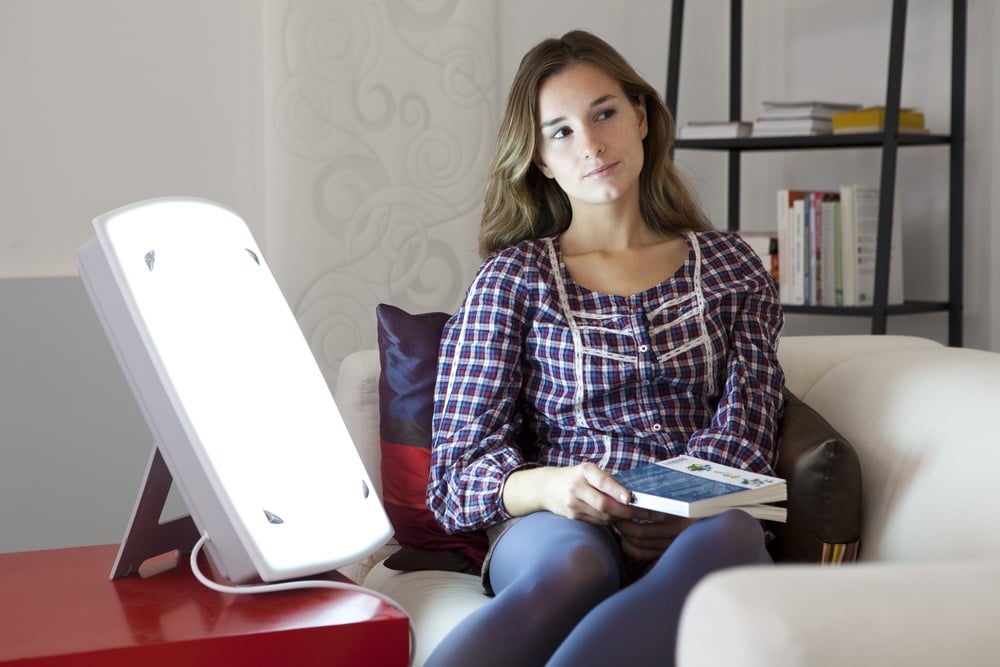


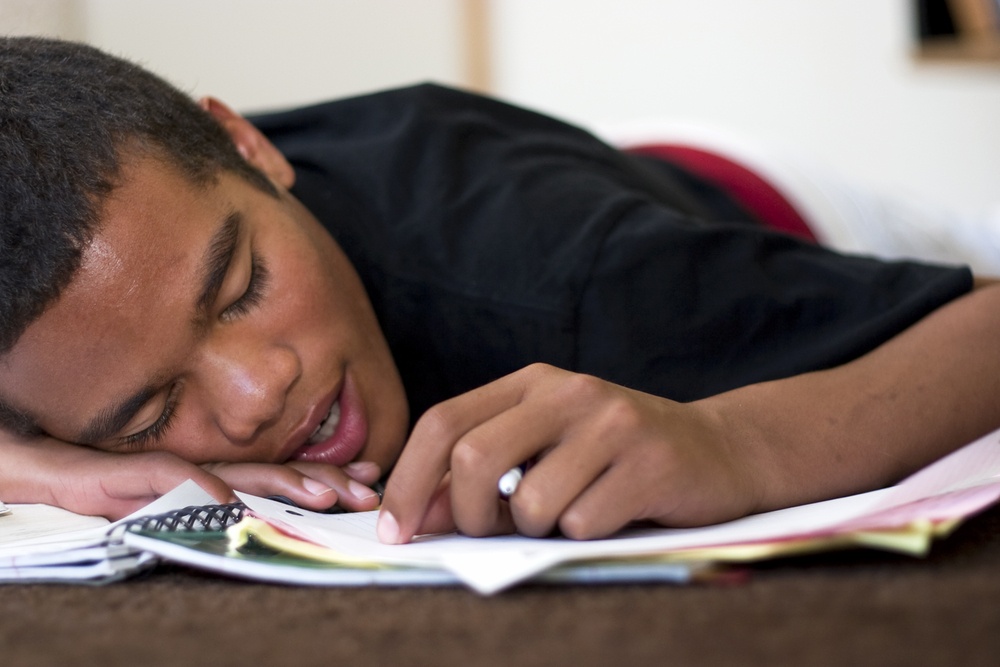
Leave a comment